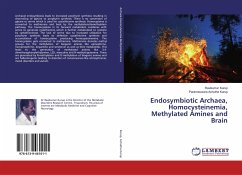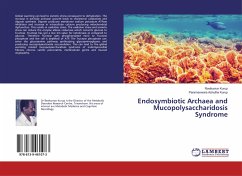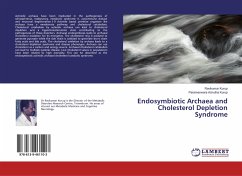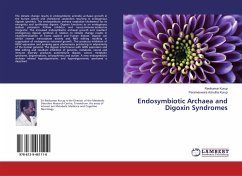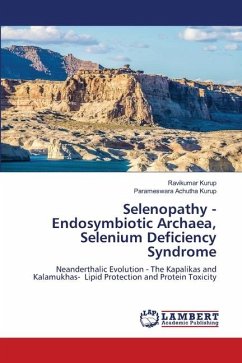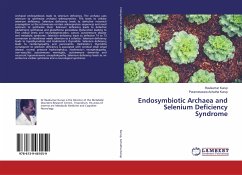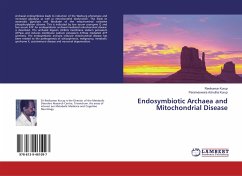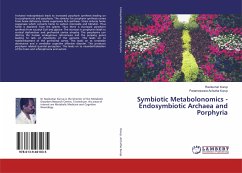Archaeal endosymbiosis leads to increased porphyrin synthesis resulting in channeling of glycine to porphyrin synthesis. There is no conversion of glycine to serine which is used for cystathionine synthesis. Homocysteine is converted to methionine and back by the methylation/demethylation pathway. The homocysteine in its forward metabolism combines with serine to generate cystathionine which is further metabolized to cysteine by cystathioninase. The lack of serine due to increased utilization for porphyrin synthesis leads to defective cystathionine synthesis and accumulation of homocysteine producing homocysteinemina. The homocysteine gets converted to methionine. Methionine donates methyl groups for the methylation of biogenic amines like epinephrine, norepinephrine, dopamine and serotonin as well as their metabolites. This leads to the generation of methylated amines like 3,4-dimethoxyphenylethylamine, LSD, mescaline and N-methyltryptamine. These are generated by N-methylation and O-methylation of biogenic amines and are hallucinogenic leading to disorders of consciousness like schizophrenia, mood disorders and autism.
Bitte wählen Sie Ihr Anliegen aus.
Rechnungen
Retourenschein anfordern
Bestellstatus
Storno

